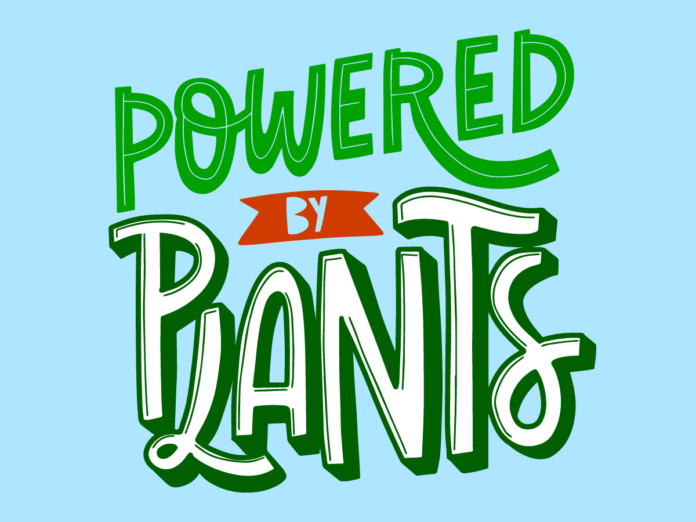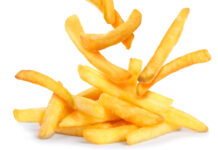
You don’t need to look any further than the veggie aisle at your local supermarket to find the key to feeling fit and strong. Plants are nature’s legal performance-enhancing drug according to Rip Esselstyn, a former professional triathlete and firefighter who switched to a plant-strong diet in 1987. Esselstyn is hooked on plants and he’s not the only one.
The list of plant-based athletes includes tennis great Venus Williams, heavyweight boxer Bryant Jennings, football linebacker Derrick Morgan, Tour de France cyclist David Zabriske, ultra runner Scott Jurek and more.
Esselstyn is an American author of several books on plant-based eating including Plant-Strong, Engine 2 Diet and Engine 2 Seven-Day Rescue Diet. He advocates omitting dairy, eggs, fish, meat and processed foods and focusing on whole plant foods. As an athlete, he understands how plants give you an edge. He also knows that when it comes to diet, athletes can be afraid of change. Yet, all the available evidence supports a plant-based diet for optimal performance.
“We have to break free from this notion that the more protein we consume, the better.”
– Rip Esselstyn
In his books, Esselstyn explains that a plant-strong diet will:
- Provide an abundance of phytonutrients, vitamins, minerals, protein and water to support your body in its recovery phase after training and racing
- Give you clean carbohydrates that rapidly replace depleted glycogen stores in muscles and liver and allow you to train harder, adapt and improve
- Offer high doses of alkaline and anti-inflammatory substances to protect you from the stresses of four-to-eight hour training days
- Improve focus and clear your head
- Help keep your arteries and vessels youthful and elastic, improve blood flow to working muscles for killer oxygen uptake and enhanced VO2 max
- Strengthen your immune system to keep you healthy and free from illness
- Provide healthy fats loaded with unprocessed carbohydrates, our dominant fuel source
- Provide micronutrients to defend against oxidative stress and inflammation
One of the biggest myths about following a plant-strong diet is that you can’t get enough protein eating this way. As a world-class triathlete training between two and six hours a day for two decades, Esselstyn never, ever worried about getting enough protein. Every time he was asked the question, ‘Where on earth do you get protein?,’ his answer was always the same: BGP. Beautiful Glorious Plants.
The standard North American diet provides as much as 30 per cent of its calories from protein. It is also one of the unhealthiest diets in the world. A study published in the Journal of the Academy of Nutrition and Dietetics showed that even with a strict plant-based diet, people still ate 70 per cent more protein in a day than is actually required.
People often equate protein with meat. While many athletes credit it as the secret to their strength, the truth is most North Americans eat too much of the stuff, which can lead to dehydration as well as tricking your body into not using the more efficient fuels available to it. In addition, you can’t store protein. If you eat too much, it turns into fat. All those protein shakes and supplements that people use to bulk up are just making them pack on unnecessary pounds.
“I challenge you to surrender everything you think you know about nutrition, especially when it comes to the best, safest, and strongest sources of protein,” Esselstyn says. “We have to break free from this notion that the more protein we consume, the better. It isn’t better. More protein is responsible for more chronic Western disease than any one of us can imagine.”
Esselstyn believes that to perform at your best you need to think about your body like your car.
“If you put in premium fuel, it will run longer and better than on the economy unleaded. Plants have protein, they have plenty of it, and it’s 100 percent healthy. Since you have a choice, why not choose the healthiest option?”















